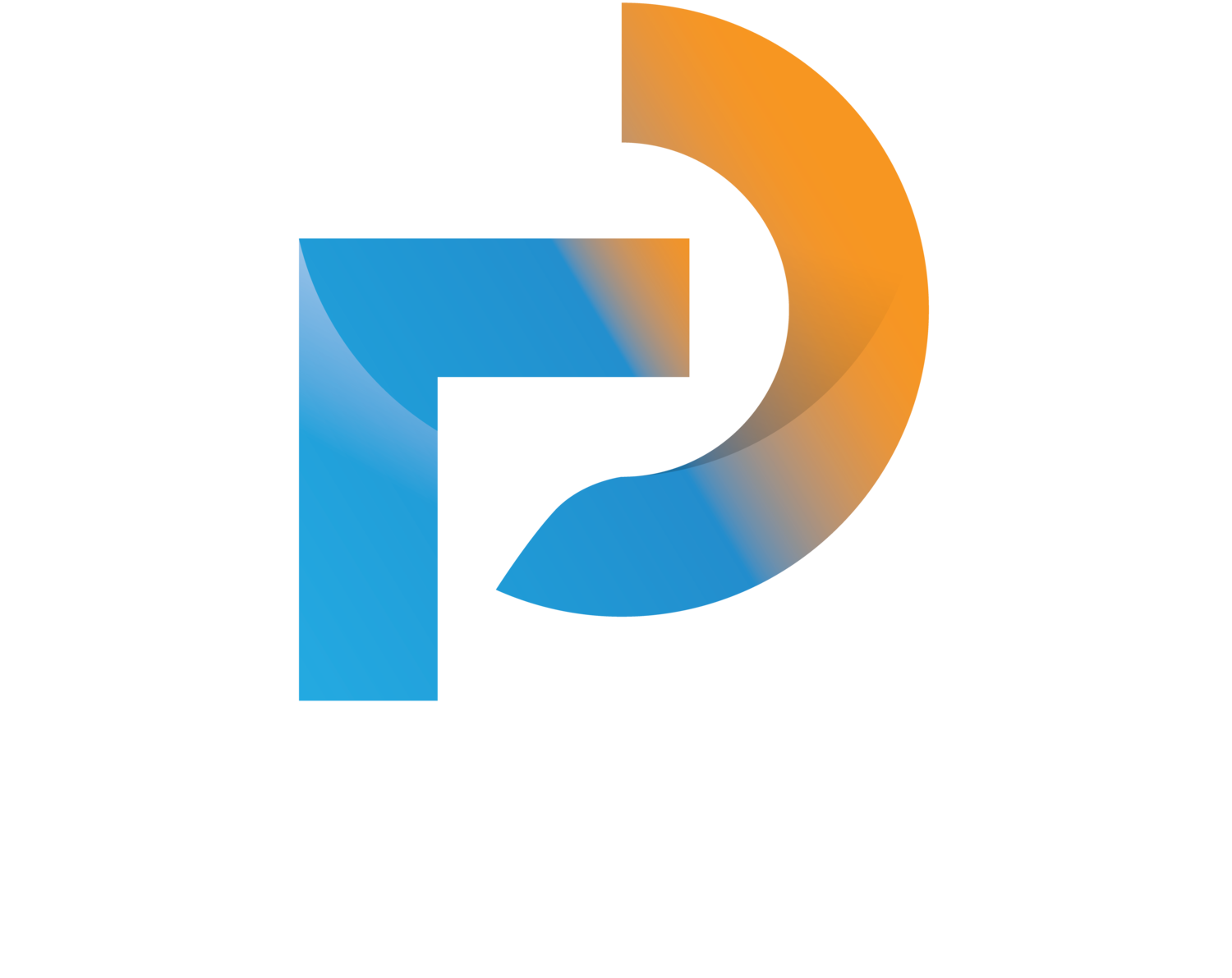Allied Healthcare: The Medical Job Category That Should Not Be Overlooked
In the age of modern medicine, the constant demand for the diversity of continued health care and specialisation has generated the need for allied healthcare services that enhance and extend the accessibility to healthcare.
In Singapore, the registration of Allied Healthcare Professionals namely physiotherapists, occupational therapists, speech therapists started in 2013 and Bloomberg ranked Singapore's healthcare system the most efficient in the world in 2014.
As medical philosophies continue to shift and start drawing focus to preventive care, Allied Healthcare Professionals will continue to expand their scope of expertise.
What is Allied Healthcare?
Allied Healthcare is to describe the broad range of healthcare services offered by healthcare professionals who do not fall into the specific categories of doctors, dentists or nurses.
Generally, these jobs and careers focus on helping others and they work alongside other healthcare professionals and medical health providers in hospitals or clinics. More often than not, the first person a patient meets in any setting or type of care is an Allied Healthcare Professional (AHPs).
The educational requirements for Allied Healthcare can range differently. Unlike the required medical school to become a surgeon or physician, some of these jobs are state-regulated and require special licensing or certifications while others depend more on what employers need at the workplace.
Who Is Categorised Under Allied Healthcare?
Most experts have categorised Allied Healthcare Professionals (AHPs) into three groups:
primary care workers
health promotion, administrative and rehabilitative workers
diagnostic professionals (e.g. laboratory technicians and MRI technicians)
Examples of Allied Healthcare Professionals are ones that comprise the backbone of the healthcare workforce. To name a few:
Counselors, Dietitians, Paramedics, Pharmacy Technicians, Scientists, Audiologists
Social Workers, Dental Assistants, Occupational Therapists, Speech & Language Pathologists, Psychologists
Physiotherapists, Cardiovascular Technologists, Radiologic and MRI Technologists, Medical Billers & Coders
Emergency Medical Technicians, Medical Laboratory Technologists, Medical Assistants
The list also includes Administrators, Managers, & assistants with specialties in radiology, cardiology, surgery and many more.
What Are The Responsibilities of Allied Healthcare?
The role of Allied Healthcare Professionals (AHPs) mainly support diagnosis, recovery, and quality of life. They provide optimal care with high patient satisfaction through diagnoses, recovery, and quality of life.
Allied Healthcare Professionals deliver direct patient care in virtually every specialty. Examples include:
Develop hospital and educational nutrition programs
Illustrate medical textbooks
Contribute to broader public health outcomes
Provide critical care support in intensive care units (ICU)
Manage and provide data critical to seamless patient care and diagnosis and more.
Where Can Allied Healthcare Professionals Be Found?
Allied Healthcare Professionals work across a variety of settings, be it medical or not, which includes the following but not limited to:
Hospitals / Clinics
Private practices
Care homes
Community health centres
Mental health services
Educational Institutions like Universities & Schools
While the prevalence of Allied Healthcare Professionals (AHPs) are in almost all medical areas, some of the more common sectors that other Allied Healthcare Professionals might find work at are aged, chronic disease and disability care, mental health and rehabilitative or preventative care.
How is Allied Healthcare Important?
Allied Healthcare Professionals (AHPs) are crucial in the promotion of good health practices, in delivering community care services, and the need to nurture the next generation of leaders who can make a difference in community care. We rely on them in many ways as they provide many useful services and skills that are outside of traditional healthcare.
Additionally, these AHPs are responsible for providing a range of technical, diagnostic, therapeutic and direct patient care. They also often work in a multidisciplinary team and offer support services with other healthcare professionals and patients to provide the best quality care.
During Singapore’s Circuit Breaker due to COVID-19, the reclassification of Allied Healthcare Services as essential allows patients to once again attend active rehabilitation and therapy sessions for health optimisation. Malaysia on the other hand has a high output of medical graduates and this should be seen as an opportunity to develop more allied healthcare professionals.
Ensuring Demand Capacity of Allied Healthcare Professionals
In conclusion, human capital is fundamental of any health system, and one estimate reported Allied Healthcare Professionals make up 60 percent of the total health workforce.
It cannot be emphasised enough that AHPs play a key role in ensuring the wellbeing of patients. They need to be regarded as professional equals by doctors as well as other medical personnel.
The most recent population statistics available by the United Nations suggest that the share of population aged 60+ years and over in the Asia Pacific will rise from 7.6% in 2015 to 17.8% by 2050. With this, the demand for holistic care will also increase.
With this, it is important that the government and private practices ensure a system for continuing education of Allied Healthcare Professionals and to develop a proper career development plan to further attract skill force. Besides that, AHPs will need to be appropriately skilled for quality assurance in both the workplace and for patients.
With WhatsDoc app, you can have all your queries about any Allied Healthcare Professionals answered with our expert panel. Feel free to contact us, or our partner Physiotherabeat. We offer round-the-clock telemedicine attention at your fingertips.
References:
https://www.augusta.edu/gov/documents/ahp.pdf
https://aimseducation.edu/blog/allied-healthcare-mean
https://www.tarneitmedical.com.au/benefits-of-allied-health/
https://www.abstaffing.com/importance-of-allied-health-professionals/
https://healthtimes.com.au/hub/allied-health/66/guidance/nc1/what-is-allied-health/498/
https://today.mims.com/key-roles-of-allied-healthcare-professionals
https://www.tarneitmedical.com.au/benefits-of-allied-health/
https://aimseducation.edu/blog/whats-difference-medicine-allied-healthcare/




